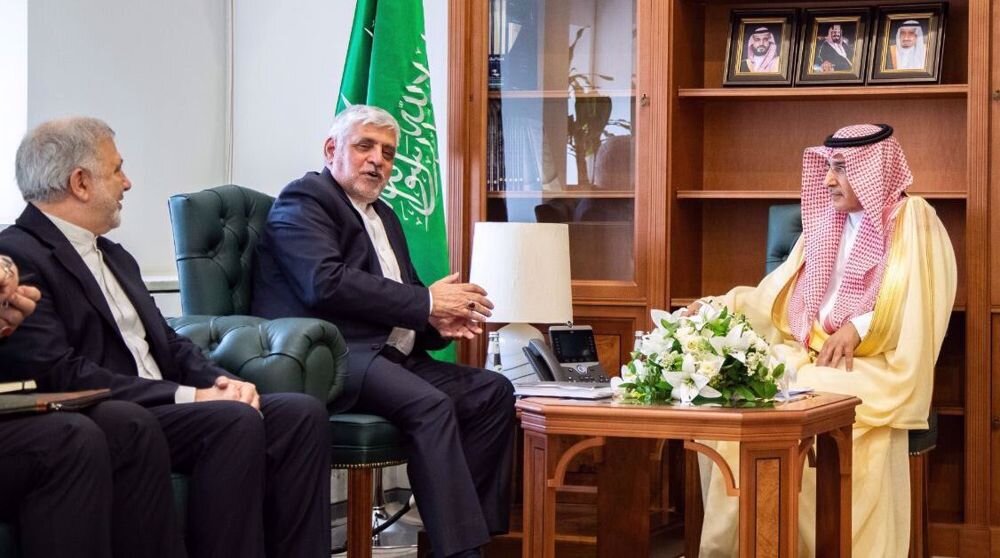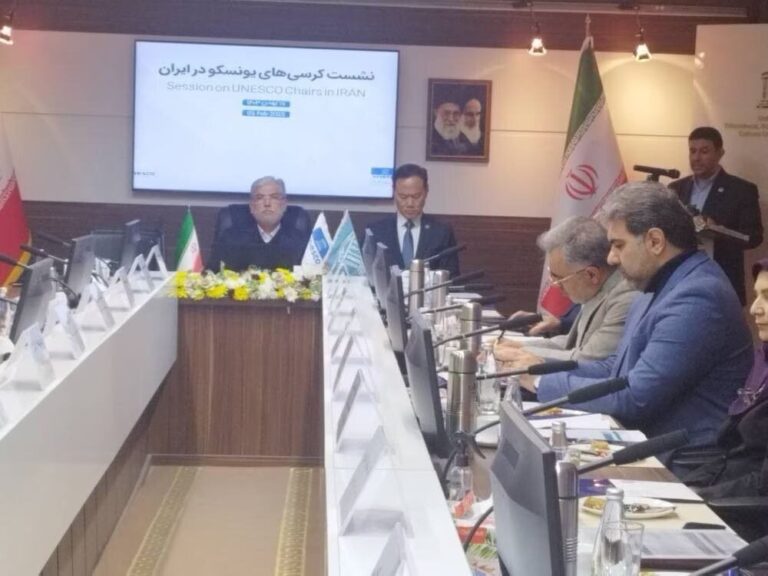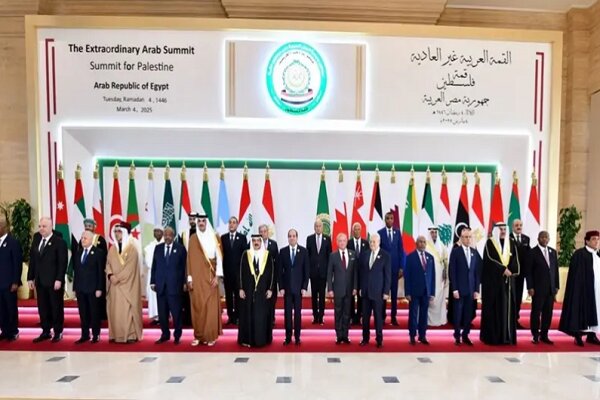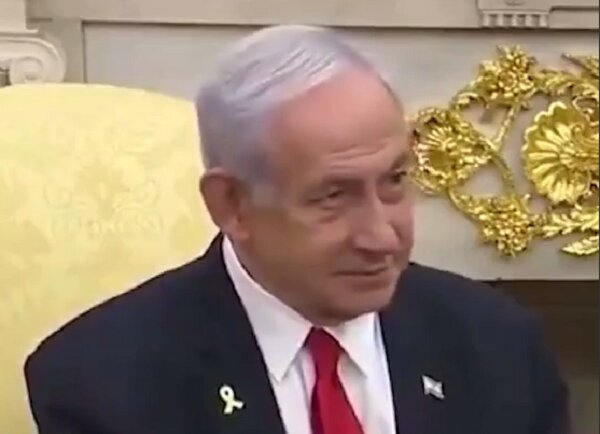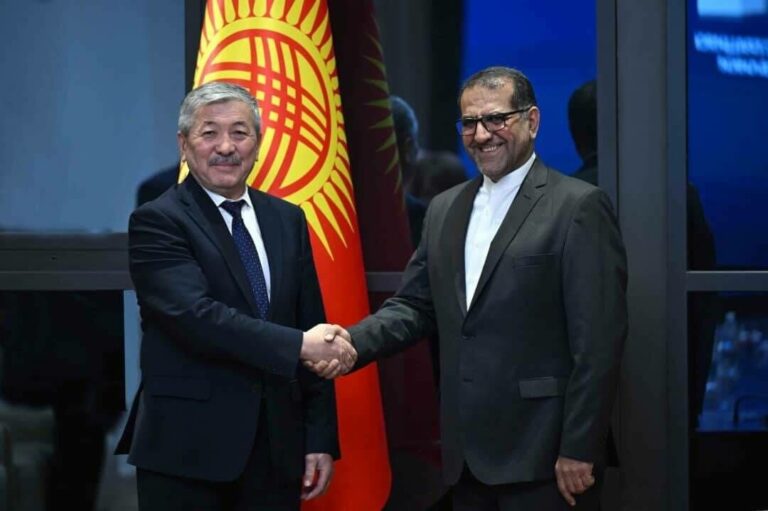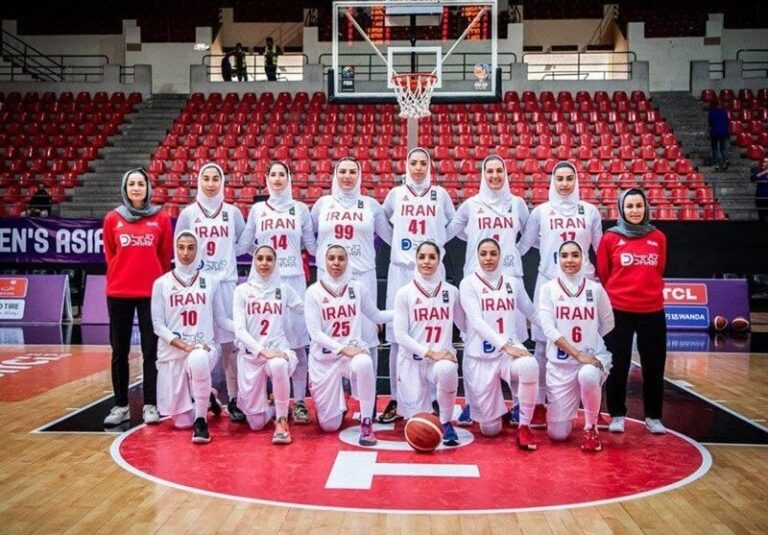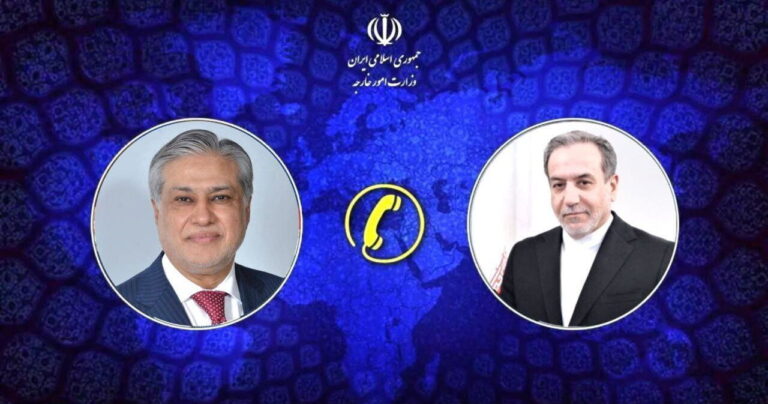Iran and Saudi Arabia Unite to Uphold Syria’s Territorial Integrity
In a significant meeting held in Riyadh, key discussions took place regarding the ongoing situation in Syria and the implications of Israeli airstrikes in the region. This meeting involved Mohammad-Reza Raouf Sheibani, Iran’s special envoy for Syria, and Saud al-Sati, Saudi Arabia’s deputy foreign minister for political affairs. Their dialogue emphasized the importance of Syria’s unity and sovereignty amidst rising tensions.
During the meeting, Sheibani reaffirmed Iran’s unwavering commitment to supporting Syria’s territorial integrity. He condemned the Israeli regime’s recent attacks, labeling them as not only destructive but also destabilizing for the entire region. Sheibani highlighted that these actions violate international norms and compromise regional stability.
Similarly, al-Sati echoed these concerns, reinforcing Saudi Arabia’s long-standing position on the need for Syria’s territorial integrity, peace, and stability. He condemned the Israeli airstrikes on Syrian territory and stressed the necessity of adhering to international law and respecting national sovereignty globally.
Both officials recognized the importance of ongoing consultations about regional developments. They emphasized that collaborative efforts are essential to address the various challenges facing the region. This meeting was part of Sheibani’s broader regional consultations, which included dialogues with officials from Russia, Qatar, and the United Arab Emirates.
This diplomatic engagement follows a recent visit by Saudi Defense Minister Prince Khalid bin Salman to Iran, aimed at strengthening discussions regarding regional affairs. The reaffirmation of support for Syria’s sovereignty by Iran coincides with a backdrop of escalating Israeli aggression across West Asia, affecting not only Syria but also the Gaza Strip and Lebanon.
On Friday, Iran publicly condemned the Israeli airstrikes on Syria, asserting that these attacks are intended to dismantle the defensive, economic, and infrastructural capabilities of an independent nation. This condemnation was articulated by Foreign Ministry spokesman Esmaeil Baqaei, who noted that such actions align with Tel Aviv’s pursuit of its malign interests in the region.
The escalating violence has also drawn the attention of the United Nations. On Sunday, the UN Special Envoy for Syria, Geir Pedersen, condemned these increasing violations of Syria’s sovereignty. He called for an immediate halt to the airstrikes and emphasized the need for respect for international law and Syria’s territorial integrity.
Notably, the Israeli regime’s aggressive actions have intensified since late last month, coinciding with a significant offensive by the Hay’at Tahrir al-Sham (HTS) group aimed at gaining control over Syria. The HTS has been leading an intense campaign against the Syrian government, having made substantial territorial gains as of last December.
- Key Points Discussed in the Meeting:
- Support for Syria’s unity and sovereignty
- Condemnation of Israeli airstrikes
- Importance of adhering to international law
- Need for continued regional consultations
The discussions between Iran and Saudi Arabia signify a critical step towards fostering dialogue and cooperation in a region plagued by conflict and instability. As both countries reaffirm their commitment to respecting Syria’s sovereignty, the international community watches closely, hoping for a resolution that respects the rights and dignity of all nations involved.
In conclusion, the ongoing consultations between Iran and Saudi Arabia, alongside the condemnation of Israeli airstrikes, highlight a concerted effort to promote regional stability. Both nations are advocating for a collaborative approach to address the ongoing challenges in Syria, emphasizing the need for international support and adherence to legal norms.
The international community, including the United Nations, continues to monitor the situation closely, urging all parties to prioritize peace and stability in the region. As the dialogue progresses, the hope remains that these discussions will lead to a more peaceful and cooperative Middle East.
